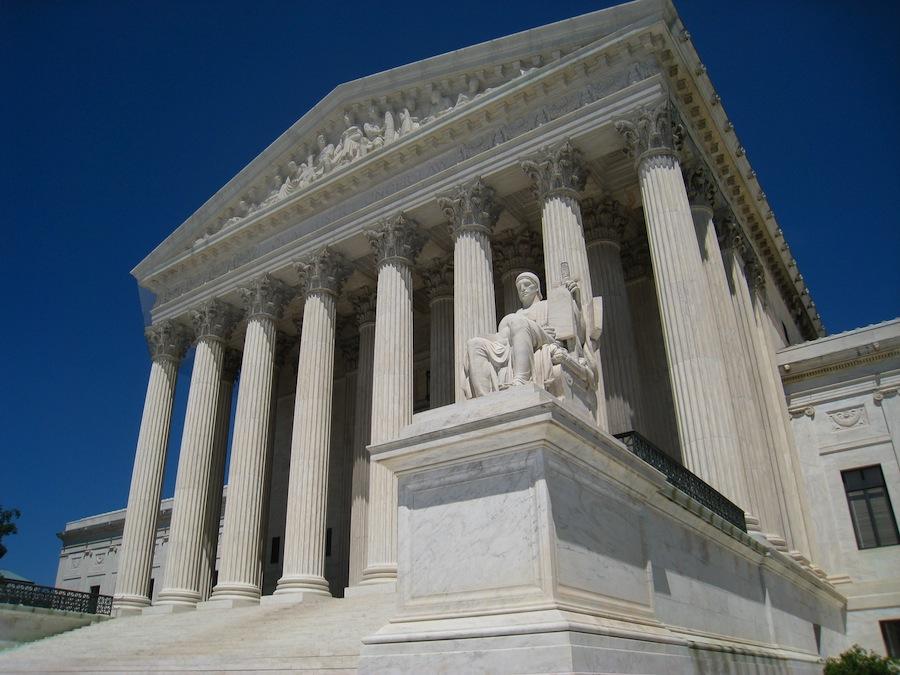Public prayer ruling encourages intolerance
U.S. Supreme Court
A government meeting. The officials begin by invoking their particular deity and expect everyone else in the room to follow along. If this happened in another country — Iran, perhaps, or the newly shari’a country of Brunei — we’d call it a theocracy. But as of the Supreme Court decision Town of Greece, N.Y. vs. Galloway, it’s legal in America.
In this case, a Jewish woman and an atheist sued to stop the city council of Greece from opening their meetings with a prayer — often exclusively Christian. Though a federal appeals court in New York decided that this violated the Constitution’s Establishment Clause, which forbids the government from supporting any particular religion, the Supreme Court ruled that in this specific situation, it’s OK for the town to start its meetings with a prayer that “does not coerce participation from nonadherents,” according to Justice Anthony Kennedy, who suggests that non-believers simply leave the room — because obviously, we don’t want to encourage those pesky heathens to participate in the political process. Instead, let’s take the decision of whether to share their religious preferences publicly out of their hands, replacing it with a single choice: stay and suffer in silence, or leave and isolate themselves from the individuals deciding their future.
Of course, Greece has no policy requiring that the prayers be Christian. In fact, Greece has no policy about the prayers’ contents at all: town officials justify their use of prayers by stating that they have invited leaders from a variety of religions to lead the ceremony and that they do not evaluate or censor the content of the prayers. This last claim makes one wonder whether the Greece city council has considered all the implications of this policy. What if a leader of the Church of Satan came forward to deliver a prayer? Or, perhaps, a white supremacist asked to deliver an invocation asking God to wipe all other races from the face of the Earth? Since the city insists that it doesn’t judge the prayers, I hope there’ll be a lot of people leaving the room in this situation. After all, if Greece discriminated between religions, it would be favoring one over another, a Constitutional no-no.
The justices support their decision by pointing to America’s Christian origins. Just because something is historical, though, doesn’t mean it’s positive. America was founded as a Christian nation, true; it was also founded as a slaveholding nation. The Pilgrims fleeing England for religious freedom may make the best story for the kids, but it’s worth noting that in the 17th century, being a Quaker in Virginia was punishable by death, and the Puritans of New England banished dissenters including the well-known Roger Williams and Anne Hutchinson. The Supreme Court’s decision obviously doesn’t go anywhere near this far, but it’s still more likely to promote intolerance than multiculturalism. At the most basic level, it tells citizens that not following the majority religion still divides them from the community, making them an outsider in their own home. That’s one tradition that I don’t want to uphold.














































